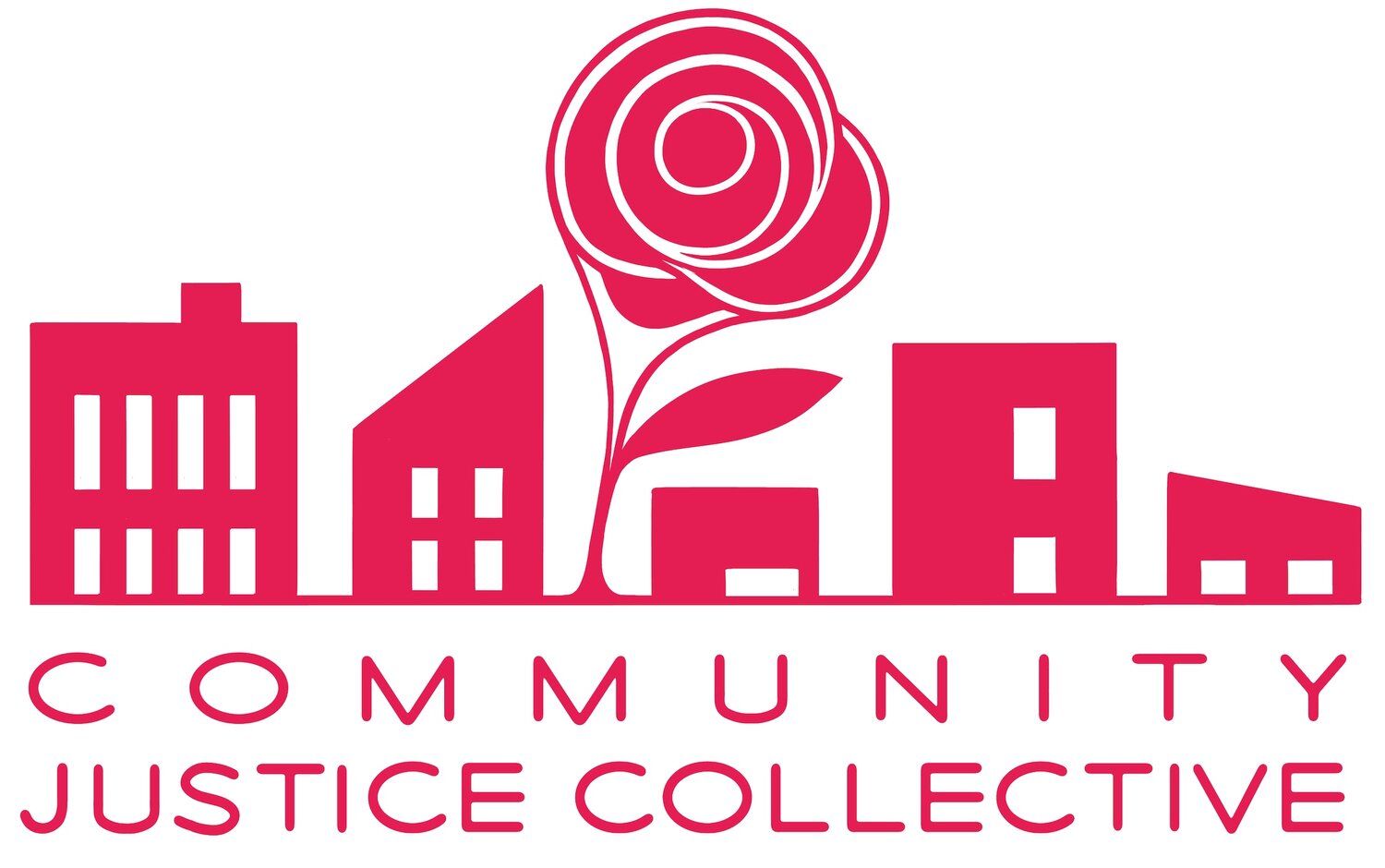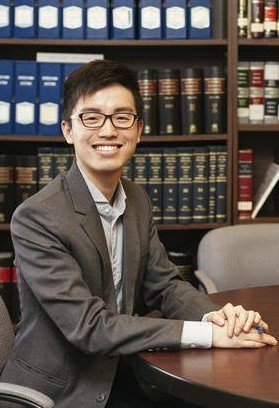The Community Justice Collective was founded in 2020 to support the groundswell of community organizing that arose in response to the COVID-19 pandemic.
We received inaugural seed funding from Harvard Law School’s Public Service Venture Fund. Today, CJC is funded by a combination of foundations and grassroots supporters.
Our members have experience in a range of practice areas including human rights, housing, criminal, administrative and Charter litigation. We are structured as a collective and regularly co-counsel with politically-aligned pro bono lawyers to advance the interests of our partners
-
Co-Director
Sima Atri is a lawyer and organizer with experience working in Toronto, Boston, New Orleans, and St. Louis alongside movements fighting worker exploitation, unjust immigration systems, and state violence by police and the broader criminal legal system. Sima has consulted with social movements across North America on legal interventions. Her work has included spearheading Civil Rights lawsuits in U.S Federal Courts to challenge pre-trial detention, providing legal support to a successful campaign to close a notoriously abusive jail, and advancing the rights of tenants to take collective action. Sima graduated from Harvard Law School in 2015 and moved back to her hometown of Toronto in 2019. In Toronto, she worked for a human rights law firm, and as Criminal Duty Counsel, before starting CJC at the start of the pandemic.
Email: Sima@cjclaw.org
-
Co-Director
Leora Smith’s legal work is focused on human rights, administrative and constitutional law. In her role with the Community Justice Collective, she concentrates on strategic litigation and ensuring CJC’s organizational health and sustainability. Leora’s writing about housing, the criminal legal system, and police violence has appeared in leading publications and media including The Atlantic, The New York Times Magazine, ProPublica, CBC Radio and the Harvard Civil Rights-Civil Liberties Law Review. She is a graduate of Harvard Law School and started CJC alongside Sima in the spring of 2020.
Email: Leora@cjclaw.org
-
Co-Director
Aliah El-houni is a graduate of the McGill University Faculty of Law where she obtained a Bachelor of Laws (LL.B.) and a Bachelor of Civil Law (B.C.L.). A dedicated litigator, Aliah clerked at the Superior Court of Justice and has experience representing clients at every level of Ontario’s courts. Aliah is strongly committed to a future without prisons and police. They regularly appear on behalf of clients in criminal court and youth criminal court, have represented families on high-profile civil lawsuits against the Toronto Police Services, and work closely with abolitionist movements across the GTHA. Aliah dedicates much of her free time to mentoring new lawyers and building more accessible legal services as a volunteer with the 519 legal clinic.
Email: Aliah@cjclaw.org
-
Member
Grayson Alabiso-Cahill is a lawyer and organizer. At the CJC, he has defended workers against retaliatory defamation lawsuits and anti-organizing firings, and tenant union members against evictions flowing from the largest rent strike in Canadian history. Grayson received his JD from the University of Toronto, where he was awarded a Donner Fellowship (2021), highest marks in the Law of Work (2022), and Honours Standing (2023). While studying, Grayson represented workers, students, and tenants at administrative tribunals and small claims court during placements with Downtown Legal Services and in a part-time position with West Toronto Community Legal Services. Outside of the clinic system, Grayson completed a media-law externship with the Toronto Star.
Email: grayson@cjclaw.org
Board Members
-
Irina Ceric (she/her) is an Assistant Professor at the University of Windsor Faculty of Law. Her academic research lies in the intersection of law and social movements, with a particular focus on the regulation and criminalization of dissent by movements for social and environmental justice and Indigenous sovereignty. Irina is also a longtime community activist and legal support organizer and educator, having worked with movements in Canada and the US since the late 1990s. Prior to shifting into full-time teaching, Irina practiced criminal and clinical law in Toronto and Vancouver.
-
Joshua Sealy-Harrington is an Associate Professor and the Chair of Equality Law at the University of Windsor, Faculty of Law. His teaching, scholarship, and activism relate to constitutional law (focusing on equality), criminal law (focusing on prison/police abolition), and legal theory (focusing on critical race theory).
Before joining Windsor Law, Professor Sealy-Harrington was an Assistant Professor at the Lincoln Alexander School of Law, where he was awarded both “Professor of the Year” (by the student body) and “Person of the Year” (by the faculty association) following his zealous defence of Palestinian solidarity by students and academic freedom at the university.
As a doctoral candidate at Columbia Law School, Professor Sealy-Harrington draws on critical legal theory to explore the ways in which law mediates social hierarchy, with a particular focus on the promise and limitations of “identity” rhetoric in legal discourse and advocacy concerning race, gender, sexuality, disability, and class. His legal scholarship has been cited by various courts, including the Federal Court, the Federal Court of Appeal, and the Supreme Court of Canada.
Joshua also acts as Counsel at Power Law, where his practice mainly consists of pro and low bono litigation advancing race, gender, and international justice. He has appeared before all levels of court, including as lead counsel before the Supreme Court of Canada.
Joshua can be followed on twitter @joshuasealy.
-
Vincent Wong joined the University of Windsor Faculty of Law as an Assistant Professor in 2022. He is also a PhD Candidate at Osgoode Hall Law School, where his dissertation focuses on racial capitalism and the processes that produce and structure unfree status-excluded labour in Canada.
Vincent’s research focuses in law and political economy – specifically at the nexus between migration, race, markets, and the law. He is particularly interested in how a Canadian context-specific critical race theory (CRT) can better inform and be informed by the practice of anti-racist and intersectional movement lawyering.
Prior to academia, Vincent worked as a Staff Lawyer at the Chinese and Southeast Asian Legal Clinic and Secretary of the Chinese Canadian National Council - Toronto Chapter. He has also previously held positions at the International Human Rights Program at the University of Toronto and the African American Policy Forum. He holds a Juris Doctor from the University of Toronto and a Master of Laws from Columbia Law School, where he was a Human Rights Fellow and James Kent Scholar.







